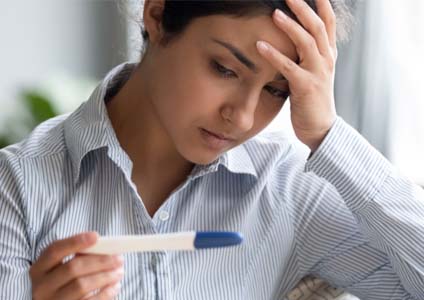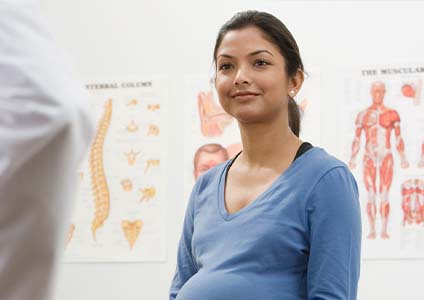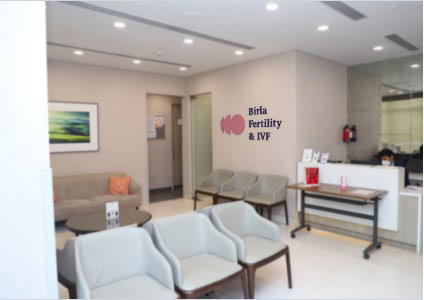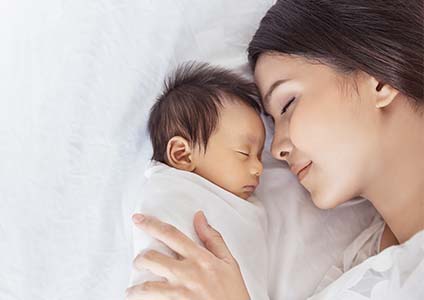Endometriosis
A condition in which the tissue that borders the uterus develops outside of it. Endometriosis affects your ovaries, fallopian tubes, and the tissue lining your pelvic most commonly.
Endometriosis & pregnancy
Many women are concerned about the impact of endometriosis on their pregnancy and delivery once they get pregnant. According to experts, it is recommended not to stop medical care even after you get pregnant.
Symptoms during pregnancy
Endometriosis is not a curable condition, pregnancy can only minimise or eliminate its symptoms because it is obvious that women who are pregnant do not have their periods.
Hormone changes during pregnancy might help to improve the symptoms. Some women, however, continue to have discomforting symptoms throughout their pregnancy.
Diagnosis
Your doctor will ask you to describe your symptoms, which includes the exact location of your pain and when it happens in order to diagnose endometriosis and other disorders it can cause pelvic discomfort.
Complications and risks during pregnancy
Endometriosis’s effect on pregnancy is inconsistent. Every woman’s body is different, so the complications and risks would also differ as per each case or individual. Most women with endometriosis will have a normal, uncomplicated pregnancy, and currently, extra monitoring is not recommended, but this is something to discuss with your fertility expert.
Treatment
Usually, most cases of endometriosis may be treated by laparoscopic surgery. The specialist will insert a laparoscope via a small incision near your navel and remove endometrial tissue.
After delivery
Each woman’s experiences related to endometriosis is different when the baby is born. For some, the symptoms might return once they stop breastfeeding. For others, endometriosis symptoms may resolve or improve.
Endometriosis medical treatment must continue after the baby is born. Consult your fertility expert about further management and treatment options.

 Our Centers
Our Centers











